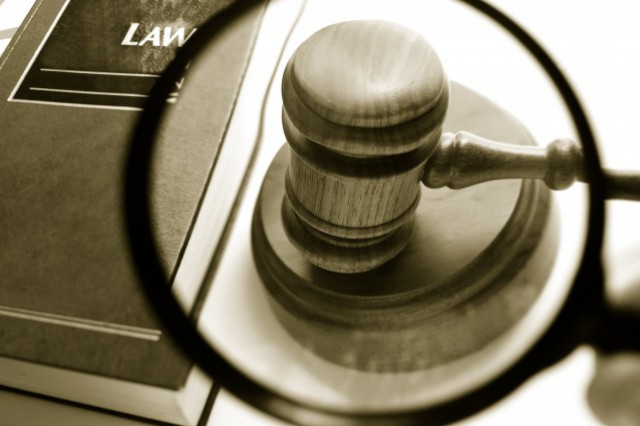Corruption in Spain -not an isolated case in the world- is a scourge that challenges Spanish institutions, political parties and other sectors of society.
According to Transparency International, Spain has a very serious corruption problem that has to be dealt with comprehensively, without stopgaps, with courage and with honesty. If no action is taken, the present and future image of our country can be very touched.
The corruption that worries the general public most is in politics. This is a misuse of power to obtain fraudulent advantages, with the sole aim of enriching a few.
Some believe that supervisory and regulatory institutions lack the independence necessary to investigate, since they are mediated by policy in most cases. Let us not forget that its members are appointed by the governing party or by the "consensus" resulting from the political groups that hold the real power. However, in Spain have been bodies created so that transparency does not remain simply in a statement of good intentions.
That is why, in this issue of TEJ, we have collected very valuable opinions of them, so that you, gentle reader, get an accurate idea of how transparency works among those Spaniards who are scandalized every day by the corruption they read about in the newspapers and, above all, beholding the endless parade of defendants who sit in the dock of the accused in every court there is.
Is transparency synonymous with democracy in all fields? Well, as the Galician politician Pío Cabanillas would say: it depends. As with any current issue, there are those who defend it, but also it has enthusiastic detractors.
The relationship between special interest groups and corruption has to be regarded, not only from the judicial point of view but from a more political and legal standpoint. Is there legal corruption? Some say yes, because policies or laws are designed to favour private economic interests that damage general interests, where corporate and even social obscurity blurs any hint of transparency.
Business schools made new "conflict resolution" schemes fashionable. The implementation of "ethical codes" was predicted to be sufficient to build a good corporate governance, in which the top ranking executives, accepted to be controlled by "independent" advisors. In practice, despite the fact that large companies have installed and have at their disposition very commendable ethical codes, many of them, and this is the sad reality, keep them safely in the drawer of permanent oblivion.
Without doubt, municipal administrations, the ones that are "closest" to the citizenry, are not alien to large-scale corruption, given the hundreds of cases that are currently in the hands of the Spanish justice. Since 2015, the municipalities, according to the Law 19/2013 of Transparency, Access to Public Information and Good Government, are obliged to exercise it fully. But the truth is that there are municipalities that do not put into practice, to such an extent, that a gigantic tsunami of mud and shamelessness has ruined them.
Faced with such an avalanche of malpractice, the European institutions, worried about so many cases of corruption in some countries under their jurisdiction, have gone to work at full speed. And there is no better example of this activity than the White Paper on European Governance that has marked the beginning of the road that started with the European Initiative for Transparency.
The Transparency Register is already one of the key tools for implementing the Commission's commitment to transparency. The Register covers all activities aimed at influencing legislative processes and the implementation of the legislation of the EU institutions. The presence of numerous lobbies in Brussels and the more than reasonable doubts of influence trafficking and politicians' revolving doors, required the development of a Common Transparency Register, which is voluntary. Many say, with good criteria, that lobbies are, in fact, a golden sinecure for many politicians and a bad example for all Europeans.
With the abundant information, opinions and interviews that are presented in this issue on Transparency, you will have enough elements to situate yourself on a topic of undeniable relevance. The final conclusion is very simple: we have to be involved in the solutions so that they become habitual practice and not a mere excuse to continue with unethical actions which are, on too many occasions... illegal.










